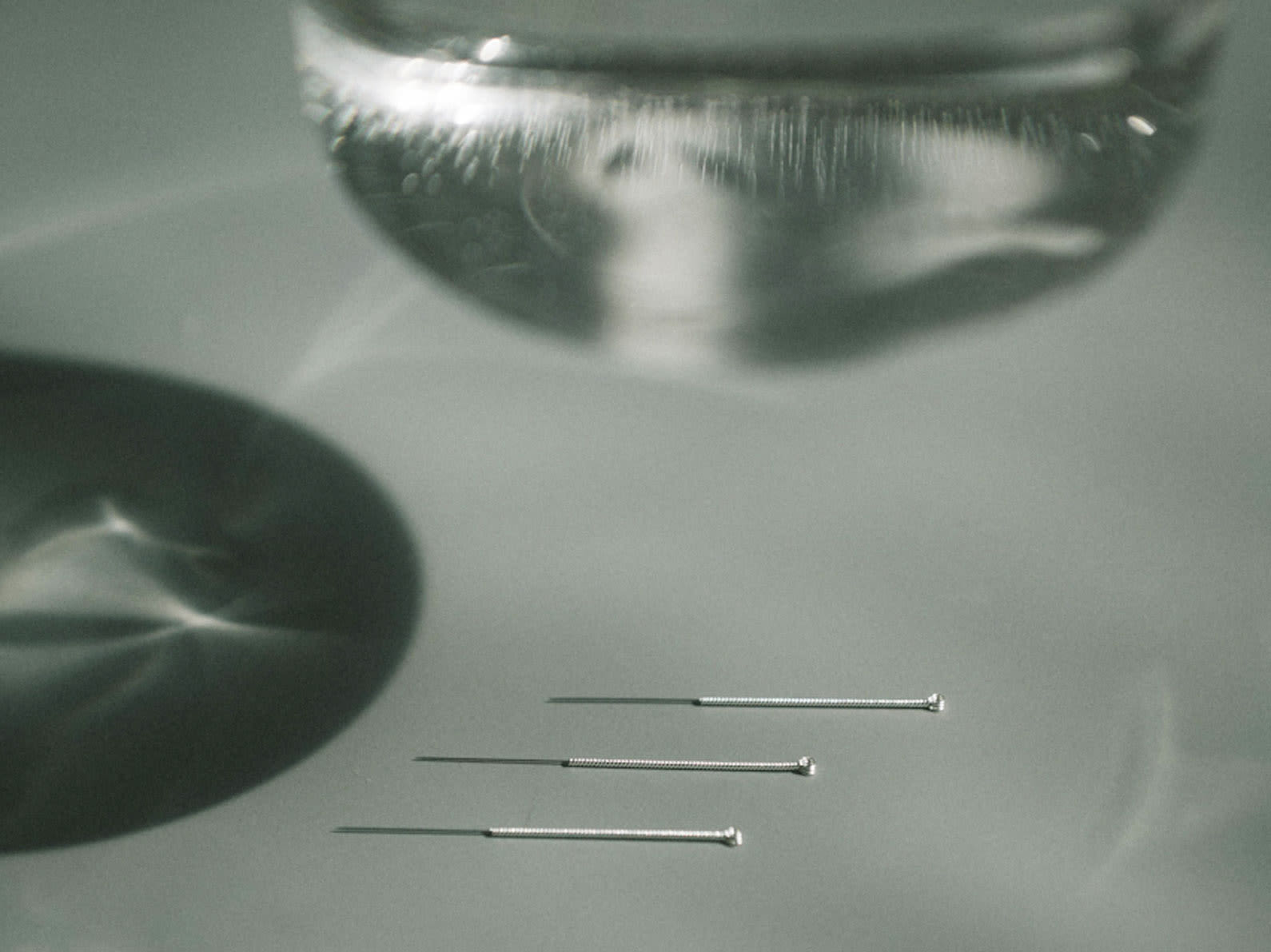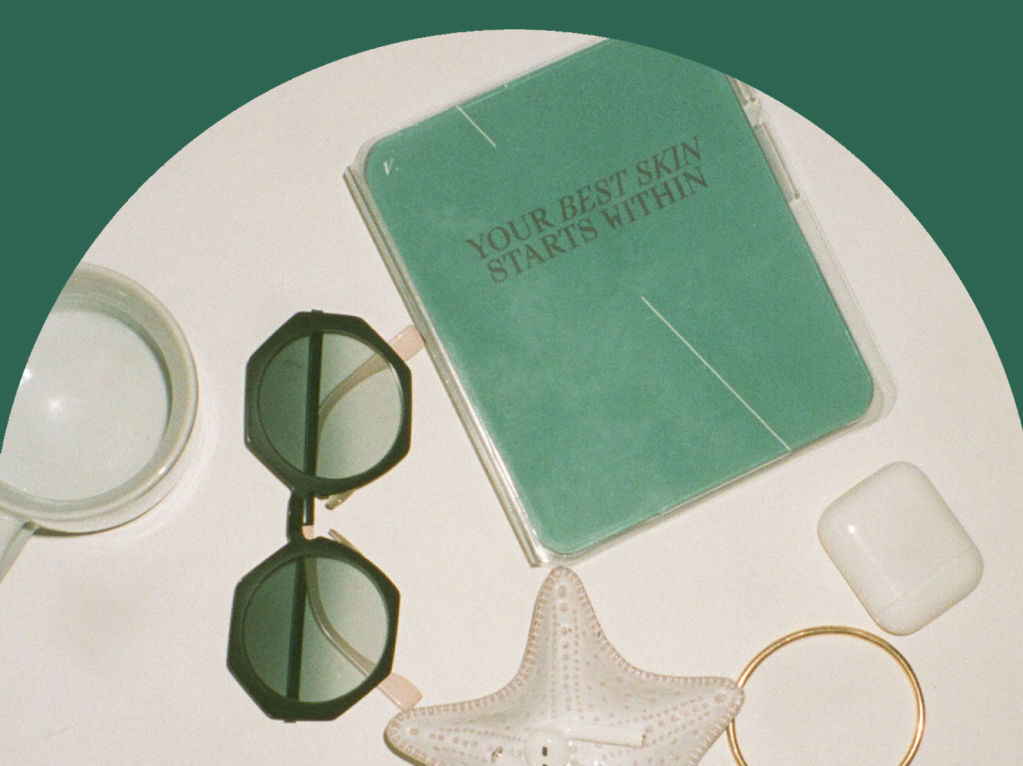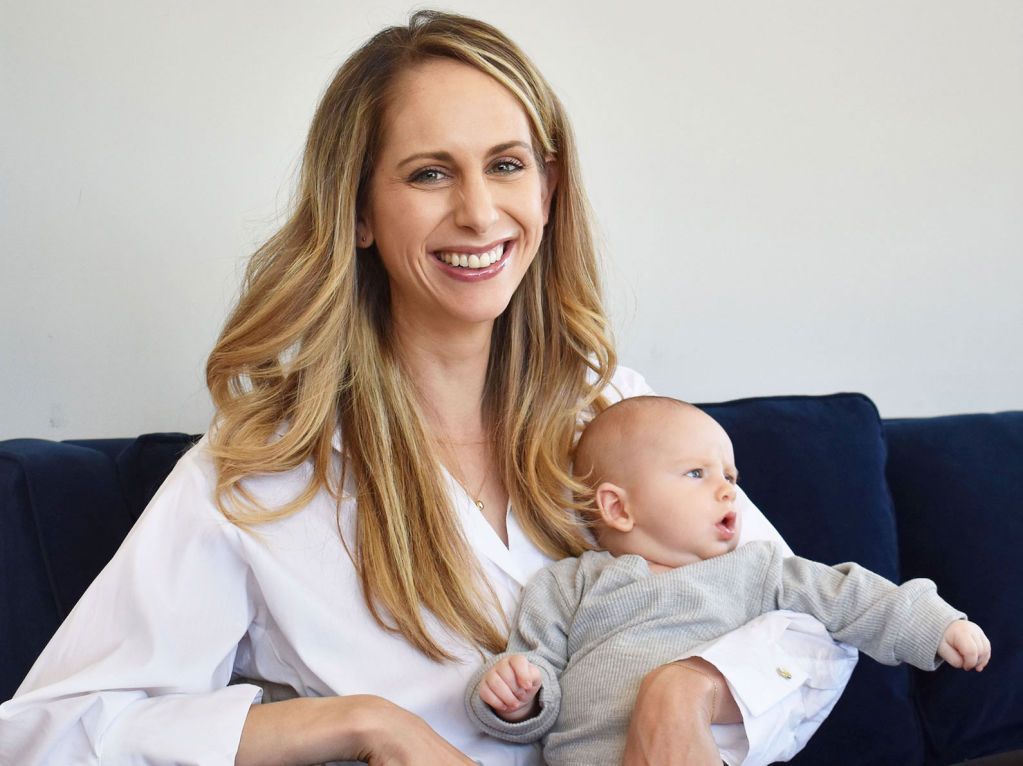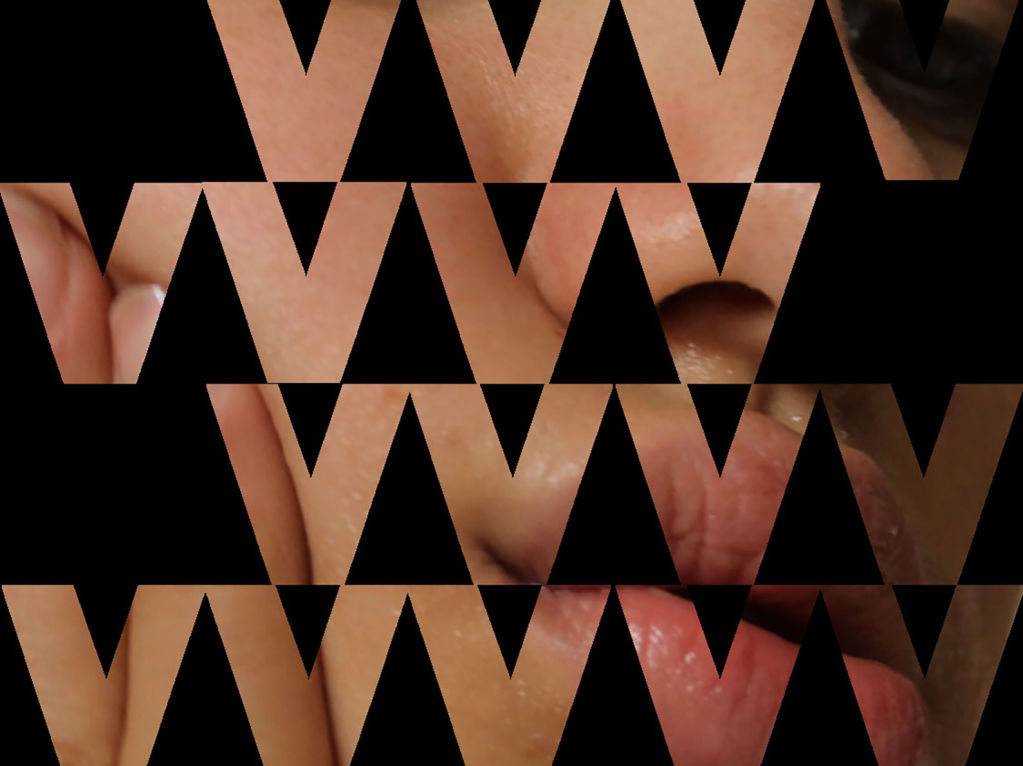When it comes to who to work with, make sure you choose an acupuncturist who is licensed and board-certified in both acupuncture and Chinese herbs, indicating that they’ve completed three to four years of a full-time master’s degree program and hundreds of hours of supervised clinical training. (Not sure whether a practitioner is fully licensed? Visit the National Certification Commission for Acupuncture and Oriental Medicine to check.)
And if a fear of acupuncture needles is keeping you from exploring acupuncture, rest assured you’ll be okay. “The needles are hair-thin. I have walked many first-timers through those jitters, and they walk away relaxed, surprised, and off to a great start in their treatment plan,” Bianchi says.
Have a Problem Big or Small? Acupuncture May Solve It
While experts say the effectiveness of acupuncture is tough to assess using Western standards of scientific study, there is plenty of compelling research that shows its potential to have a positive impact on a large variety of issues. Practitioners like Bianchi have also seen anecdotal evidence of its success in treating an array of ailments and conditions.
One area that has been of particular interest is the use of acupuncture in IVF cases. According to acupuncturist Noah Rubinstein, this research is groundbreaking because it documents the symbiosis that can exist between Eastern and Western medicine. “This study is meaningful because it not only shows that acupuncture is effective, but that it can work with conventional medicine,” Rubinstein says.
There are several conditions where research shows acupuncture can be particularly effective:
Fertility: Research has shown that acupuncture in addition to IVF can lead to around a 50% increase in successfully becoming pregnant, which has led many fertility clinics like the Colorado Center for Reproductive Medicine, which is one of the country’s top fertility institutions, to offer acupuncture as a routine complement to their IVF treatment. “Acupuncture works to increase success rates of these interventions by increasing blood flow to the ovaries during the stimulation phase of IVF and by improving the effectiveness of the drugs given,” Rubinstein says. “It also relaxes the uterus and addresses uterine spasm after embryo transfer. Acupuncture also reduces stress, calms anxiety, and offsets the side effects of fertility drugs.”
Hormonal conditions: “Another passion point for me is offering options to women with polycystic ovarian syndrome (PCOS),” Bianchi says. “Because of the way acupuncture stimulates the brain and nervous system, it can help regulate hormones and blood sugar.” While more research is needed to support the effectiveness of acupuncture for hormonal conditions like PCOS, both Bianchi and Rubenstein report having witnessed acupuncture’s healing potential when it comes to regulating menstrual cycles and hormone fluctuations. For Brickley, who has dealt with a variety of hormonal issues including the thyroid autoimmune disorder Hasimoto’s disease, acupuncture has been a game changer. “Western medicine could only do so much,” she says. “Finding alternative interventions like acupuncture and TCM have worked wonders in combination with my Western medication for my thyroid.”
Skin care: In one 2013 study, women with PCOS who received frequent acupuncture treatments showed a reduction in androgens, the male hormones that can cause acne. Some beauty devotees also claim that a practice called facial acupuncture can provide impressive aesthetic results and may be a “natural alternative to Botox.” “In this specialty, upwards of 30 even smaller, thinner needles are inserted along facial lines or wrinkles in addition to body points,” Bianchi explains. “The theory is that the body interprets these tiny needles as a microtrauma which stimulates collagen production. It would also increase blood flow, ostensibly increasing nutrient delivery and ‘glow.’”
Menopause: Women’s health is one of Bianchi’s biggest professional passions, and she has found that “for women navigating menopause, the regulating effects of acupuncture can be tremendous.” Her clinical experience is borne out by a 2016 randomized controlled trial which indicated that after eight weeks of treatment, nearly half of the female participants reported a 47% reduction in hot flashes with effects lasting up to a year. “This proves what I've seen in clinic over 16 years of treating patients,” Bianchi says. “One of my menopausal patients was in a leadership role at a large company. She experienced many hot flashes day and night, including flushing and sweating every time she ate. After our sessions, the hot flashes were all but eliminated, she was back to deep, restful sleep, and she was able to continue at her performance level.”
Pain: “Chronic pain is pervasive, affecting roughly one-third of adults in the U.S,” Bianchi says. Acupuncture has been shown to effectively treat migraines, tension headaches, and other types of pain including neck and back. This type of therapy may be especially helpful for people who can’t tolerate or have objections to pharmaceuticals. “This is so essential given the problematic effects of most pharmaceutical therapies for pain (opioids or long-term NSAID use),” Bianchi says.
Playing the Long Game
The caveat to all of this good news is that, if you’re looking for a quick fix for a deep-seated issue, you may be disappointed. “Acupuncture is a progressive therapy…Just like physical therapy that gradually strengthens the body, a course of acupuncture gradually changes the body's signaling,” Bianchi says.
“In terms of the time it takes before seeing results, that can really vary,” says Rubinstein. “Oftentimes our patients will feel some sense of immediate relief from a symptom, while we continue on with their treatment plan and eradicate the root cause of the complaint. For example, if someone was coming to see us because they were having trouble sleeping at night; we would most likely be able to help them feel calm and sleepy right away, but the goal is for them to be able to sleep without the help of acupuncture and/or tailored herbal formulas.”
When it comes to cost, pricing varies greatly depending on the practitioner, geographic location, frequency of appointments, and more. To give one example, Bianchi says that “a typical private acupuncture session in the Bay Area ranges from $90-$150.” She says if you opt for group acupuncture sessions, that cost can be cut by as much as two-thirds. In some instances, insurance will cover a certain number of acupuncture sessions, but every plan is different, so it’s important to check with your provider before booking.
One overarching mission of many acupuncture practitioners is to help patients see the big picture of their overall health, so working with a skilled expert may help you address issues that you didn’t realize were related. “As the treatments improve the condition, my wider hope as a healer and practitioner is to empower my patients to connect the dots for their own health and to act when the ship needs righting, so to speak,” Bianchi says. “I encourage my patients to observe cause and effect from stress, diet, and lifestyle, and be proactive about reducing triggers.”
For Brickley, this treatment has been a revelation. “Acupuncture has brought balance back into my body. While stress and anxiety still exist, I have a better connection with myself now,” she says. “I would say acupuncture is one of the many tools in my healing tool kit.”






